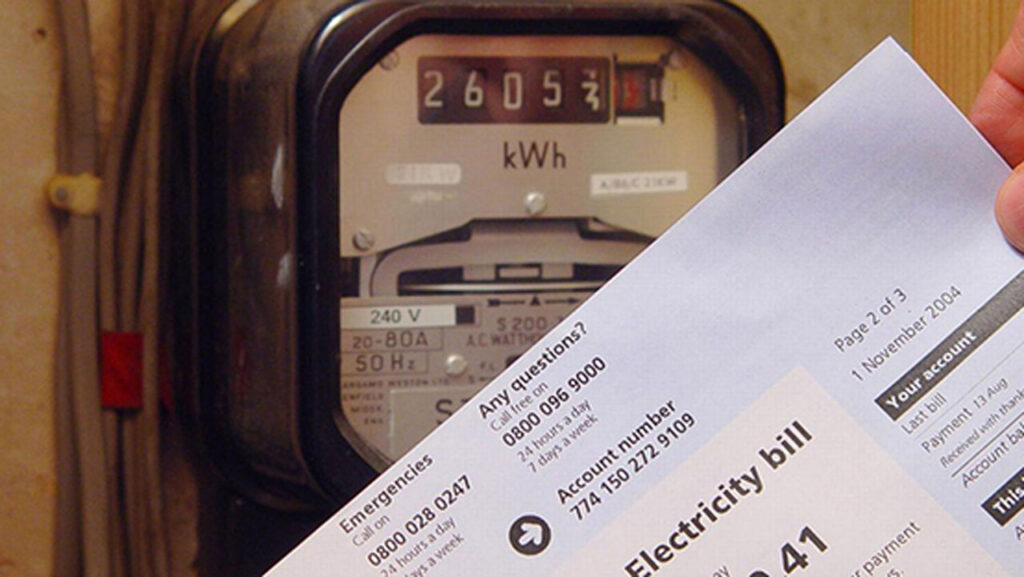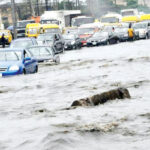
The Nigeria Centre for Disease Control and Prevention (NCDC) has alerted the public of the increasing cases of cholera across the country as the rainy season intensifies after an outbreak in Lagos State was reported.
This was disclosed in a public health advisory on Friday, June 14, 2024.
From the 1st of January to the 11th of June 2024, a total of 1,141 suspected and 65 confirmed cases of cholera with 30 deaths have been reported from 96 LGAs in 30 States.
The 10 states that contributed 90 per cent include Bayelsa, Zamfara, Abia, Cross River, Bauchi, Delta, Katsina, Imo, Nasarawa and Lagos states.
The multi-sectoral National Cholera Technical Working Group, led by the NCDC and comprising the Federal Ministries of Environment and Water Resources, the National Primary Health Care Development Agency (NPHCDA), the World Health Organization (WHO), United Nations Children’s Fund (UNICEF), and other partners, has been providing support to the affected states.
READ ALSO: 5 Things To Know About Nigeria’s Cholera Outbreak
The support includes risk communication, active case search, laboratory diagnosis, case management, provision of response commodities, water sanitation and hygiene (WASH) interventions, and dissemination of Cholera awareness jingles in both English and local languages.
To reduce the risk of cholera, the NCDC advised that water is boiled and stored in a clean and covered container before drinking, washing hands frequently with soap under clean running water and the use of alcohol-based hand sanitiser if soap and clean water are not available.
It advised that food is well cooked before consumption and people should consume raw food such as fruits and vegetables, after washing thoroughly with safe water.
It stated that after cooking food or boiling water, people should protect against contamination by flies and unsanitary handling, leftover foods should be thoroughly reheated before ingestion and persons with diarrhoea should not prepare or serve food or haul water for others.
Also, the centre warned against open defecation, indiscriminate refuse dumping, proper disposal of waste and frequent clearing of sewage.
Cholera is a food and water-borne disease, caused by the ingestion of the organism vibrio cholerae in contaminated water and food.
Symptoms of cholera include acute profuse, painless watery diarrhoea (rice water stools) of sudden onset, with or without vomiting.
It may be associated with nausea, profuse vomiting and fever and severe cases can lead to death within hours due to dehydration (massive body fluid loss). However, most infected people (about 80%) may only show mild symptoms or have no symptoms at all.
However, cholera is easily treatable if detected early. Most infected people can be treated successfully through prompt administration of oral rehydration solution (ORS), to replace lost fluids and electrolytes, and appropriate antibiotics.













